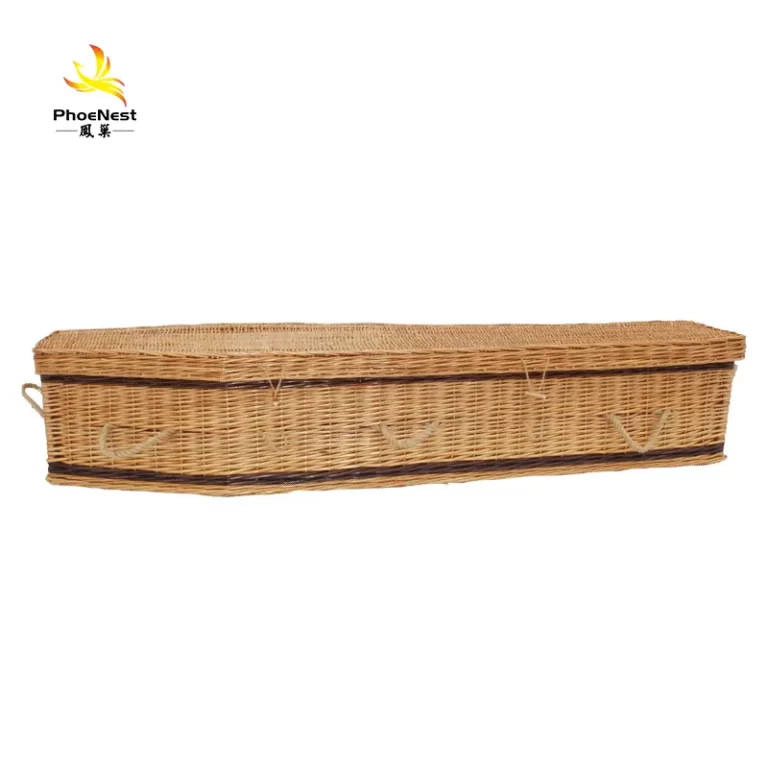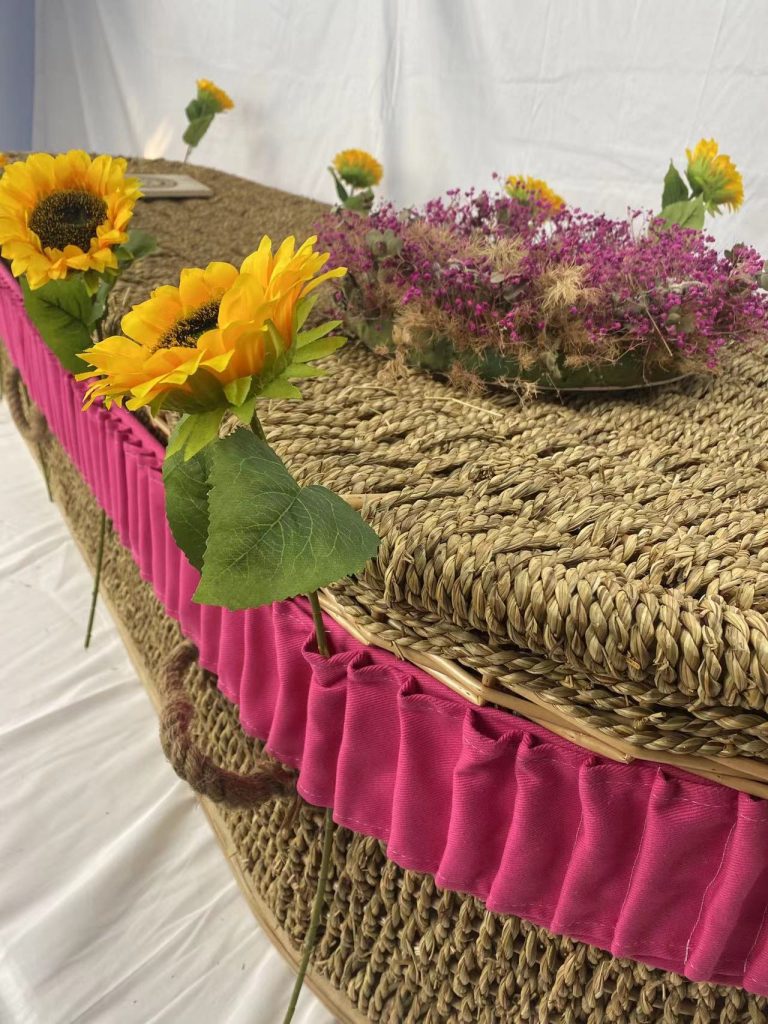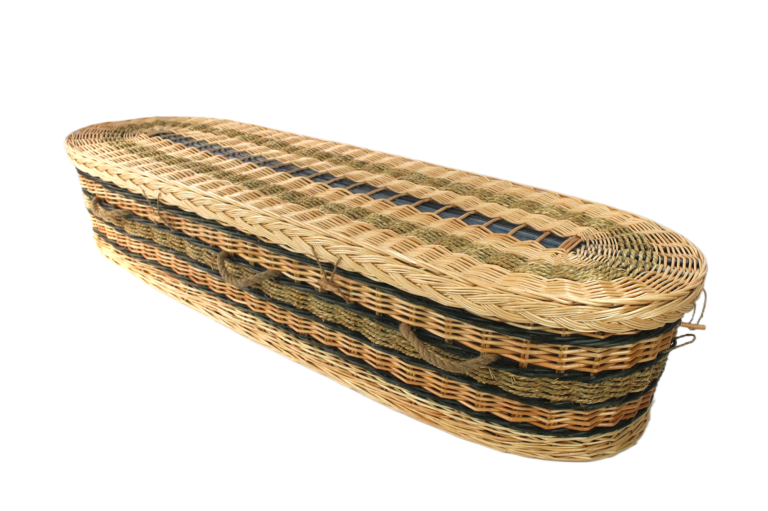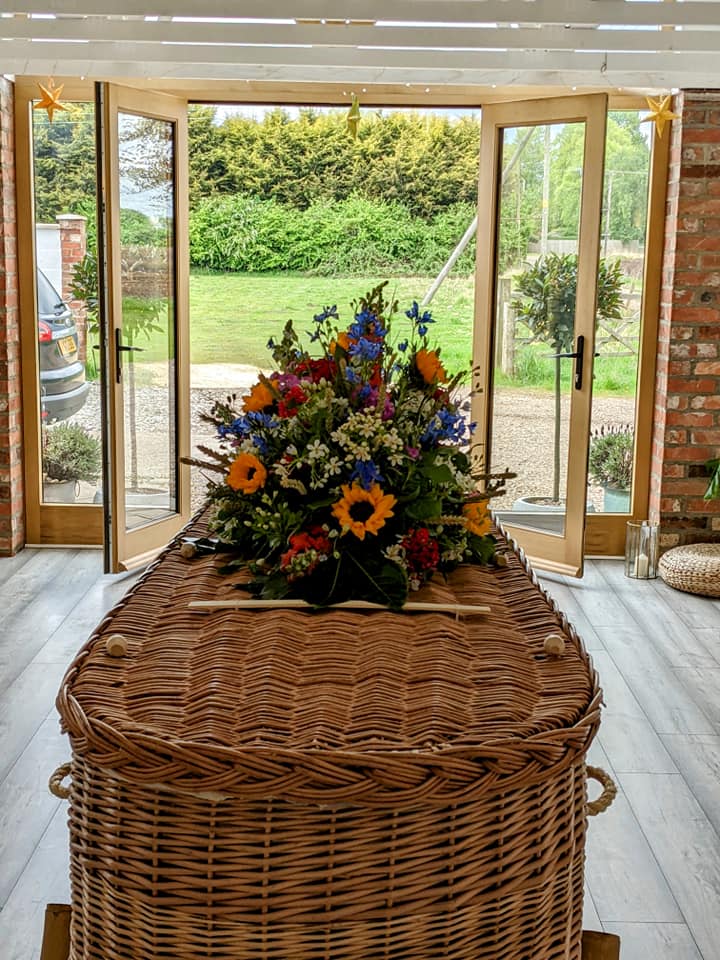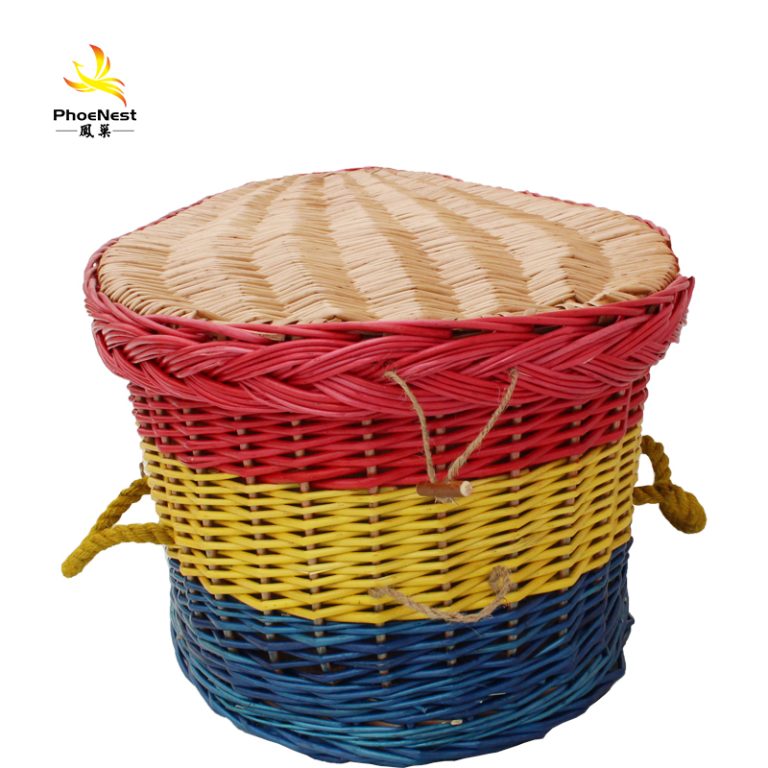In an increasingly eco-conscious world, the biodegradable woven coffins market stands as a pivotal segment within the broader funeral industry, symbolizing a shift toward sustainable end-of-life practices. These coffins, typically crafted from natural materials like willow , rattan, or seagrass, decompose harmlessly in soil, reducing environmental footprints compared to traditional metal or hardwood caskets that contribute to deforestation and pollution.
us-funerals.com
Their global importance lies in addressing climate change, promoting biodiversity through natural burials, and aligning with regulatory pushes for green alternatives. As consumer preferences evolve toward ethical and low-impact options, this market not only mitigates ecological harm but also fosters economic opportunities in production hubs, particularly in China.The market’s significance is underscored by its robust growth trajectory. Valued at approximately USD 1.2 billion in 2024, the biodegradable coffins sector is projected to reach USD 2.5 billion by 2033, expanding at a compound annual growth rate (CAGR) of 8.9%.
verifiedmarketreports.com
This outpaces the overall coffin market, which stood at USD 5.2 billion in 2023 and is expected to hit USD 7.8 billion by 2033 at a CAGR of 4.1%.
datahorizzonresearch.com
Related segments, such as sustainable caskets and coffins, were worth USD 2.6 billion in 2024 and are forecasted to grow to USD 4.0 billion by 2034 at a CAGR of 4.4%, driven by demand for bamboo and willow materials.
market.us
eco-friendly funeral products broadly reached USD 1.5 billion in 2024, with a projected CAGR of 12%, reflecting heightened awareness of sustainability.
futuredatastats.com
Key drivers include stringent environmental regulations in Europe and North America, rising cremation rates avoiding chemical embalming, and cultural shifts toward personalized, nature-aligned memorials.
linkedin.com
By conserving resources and minimizing waste, these coffins play a crucial role in global efforts to combat deforestation and carbon emissions from traditional burials.From a global perspective, the market’s importance manifests in widespread adoption across continents. In Europe, particularly the UK and Germany, natural burial sites have proliferated since the 1990s, with biodegradable woven coffins integral to green cemeteries that enhance soil health and biodiversity.
ecoffins.co.uk
The region’s regulatory support for eco-incentives has boosted demand, making these coffins a staple in reducing the funeral industry’s environmental impact. In North America, the US and Canada see growing use in conservation burials, where willow coffins aid wetland restoration due to the plant’s natural purifying properties.
market.us
Market projections indicate the sustainable casket segment here will contribute significantly to the global burial products market, valued at USD 15.8 billion in 2023 and rising to USD 22.4 billion by 2032.
dataintelo.com
Asia-Pacific, including Australia and emerging markets in India, is witnessing rapid growth at a CAGR of 15.3% for coffins, fueled by urbanization and eco-awareness, with biodegradable options addressing space constraints in densely populated areas.
cognitivemarketresearch.com
Globally, the market supports ethical consumerism, offering affordable alternatives—often 30-50% cheaper than luxury caskets—while creating jobs in artisanal weaving communities.Central to this market’s dynamics is China, especially Linshu County in Linyi City, Shandong Province, recognized as the world’s willow capital and a primary source factory hub.
yundaarts.com
With a 1,000-year weaving heritage, Linshu produces over 20,000 woven coffin units annually, exporting to Europe, North America, and beyond, solidifying China’s leadership in the supply chain.
phoenixnestcoffins.com
The county’s 100,000 mu (16,500 acres) of willow plantations support sustainable harvesting, enabling low-cost, high-volume production without pesticides.
asianetnews.net
Key factories like Roconly funeral supplies(Linshu Lantian Arts & Crafts Co., Ltd.,) and Phoenixnest ShanDong Arts And Crafts Co., Ltd., export to over 40 countries, with wickerwork exports reaching 2 billion yuan (USD 294 million) in 2021, up 41.2% year-on-year.
chinadailyasia.com
These facilities employ hundreds, blending traditional techniques with modern efficiency to weave durable, customizable designs, accounting for about 40% of global handwoven willow product exports.
en.imsilkroad.com
Linshu’s role not only drives economic growth for local farmers but also ensures the market’s scalability, making biodegradable options accessible worldwide.Looking ahead, the biodegradable woven coffins market is poised for expansion amid global sustainability goals, with innovations like hybrid materials enhancing durability. Its importance extends beyond economics to cultural and environmental realms, proving that even in death, humanity can nurture the planet. China’s Linshu factories remain the backbone, bridging ancient craft with future needs.
Phoenix Nest ( Shandong ) Crafts Co.,Ltd.
Whatsapp: +86-18265103836 (Whatsapp & Wechat & Tel)
Email: jason@phoenxinestcoffin.cn
#willow coffin#greencoffins#bamboocaskets#urns#naturalcoffins#chinafactory#scattertube#naturalburial#FuneralSupplies#cross#flowerbands#shrouds #carrierfuneral
We are a factory supporting eco friendly green funeral(natural willow coffins\bamboo caskets and so on) .. for detail please contact us www.phoenixnestcoffins.com;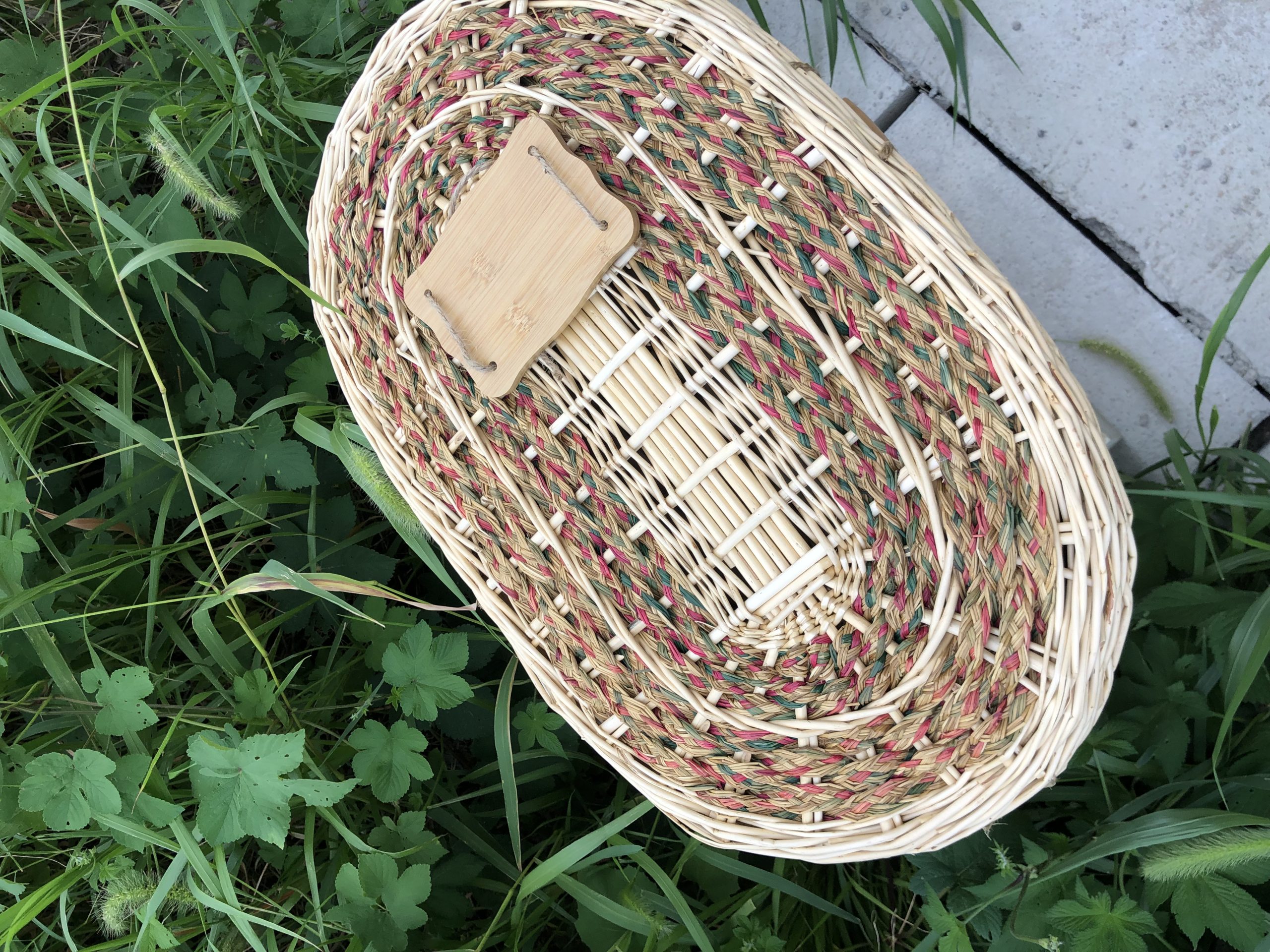 Our coffins are made using natural materials and are 100% bio-degradable making them ideal for natural burial #phoenixnestcoffins #memories#ashes #urns #Funeral Supplies #natural coffin #eco-friendly coffin@everyone@followers
Our coffins are made using natural materials and are 100% bio-degradable making them ideal for natural burial #phoenixnestcoffins #memories#ashes #urns #Funeral Supplies #natural coffin #eco-friendly coffin@everyone@followers

